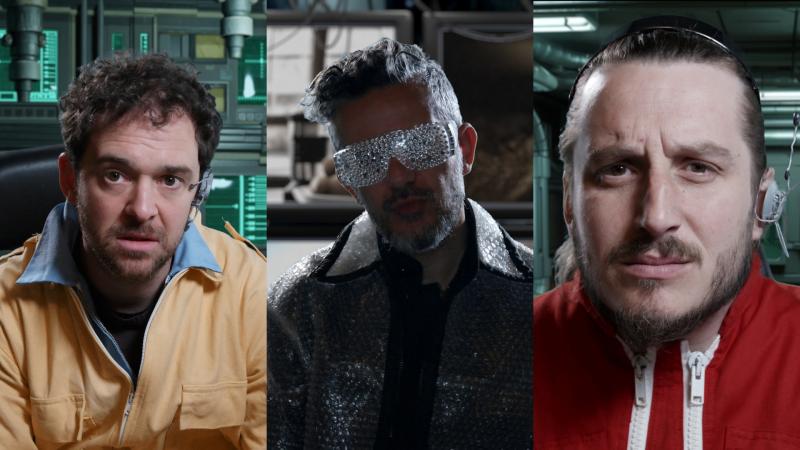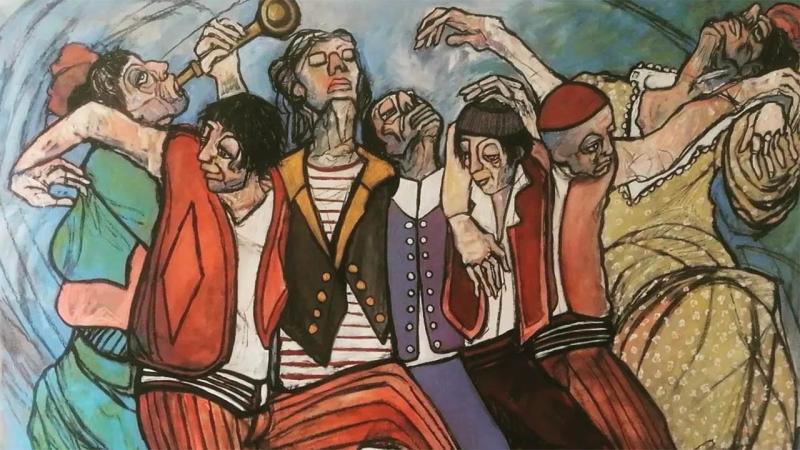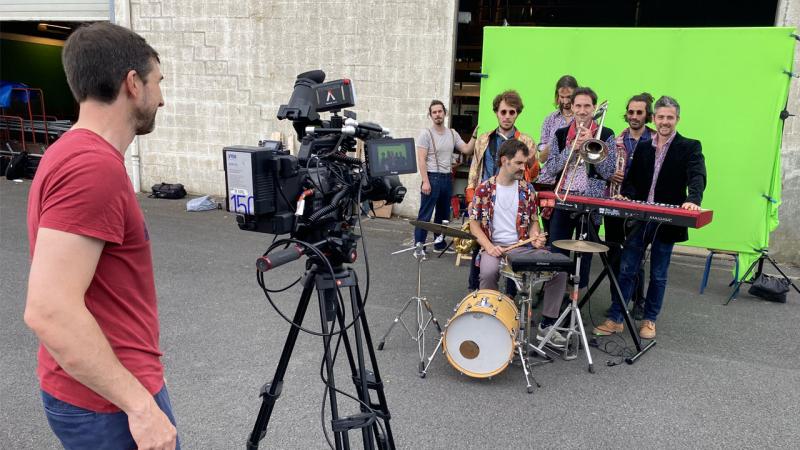Often, when I watch a documentary, I wonder how people who claim to be so affected, so depressed, sometimes so mean, can appear so open, so sincere, and have so much perspective when telling their story. The hysterical one is perfectly calm. The compulsive liar tells the whole truth. Those presented as suffering from intellectual or emotional delays demonstrate an extraordinary clarity and intelligence in their introspection.
It's not staging or manipulation. It's the camera effect.
One day, in the midst of the routine, a director called them and showed interest in their lives. He asked them questions, wanted to know more about them. There seemed to be no cost to this interest, no trap, nothing to give in return. Trust was born. Then, on the day of the interview, a whole team sprang into action: lights were set up, equipment moved, furniture rearranged, and at the right moment, this machinery fell silent to capture their words. The director, the cinematographer, the sound engineer, the assistant—everyone was attentive.
We all seek to prove that we exist.
Not being seen is probably the mother of all fears. On a small scale—the annoyance of being jostled by a stranger in the street—or on a more essential level—the feeling of being ignored by parents, by friends, by the world in general.
During an interview, this fear fades away. The lights, the camera, the attention of the entire team are focused on oneself. There is time. One feels heard. The barriers one had set up to protect oneself, the reflexes one had created to prove that one is there, to attract attention—all of that can be put on hold.
We reveal the remarkable person we would be at every moment if the world paid attention.







